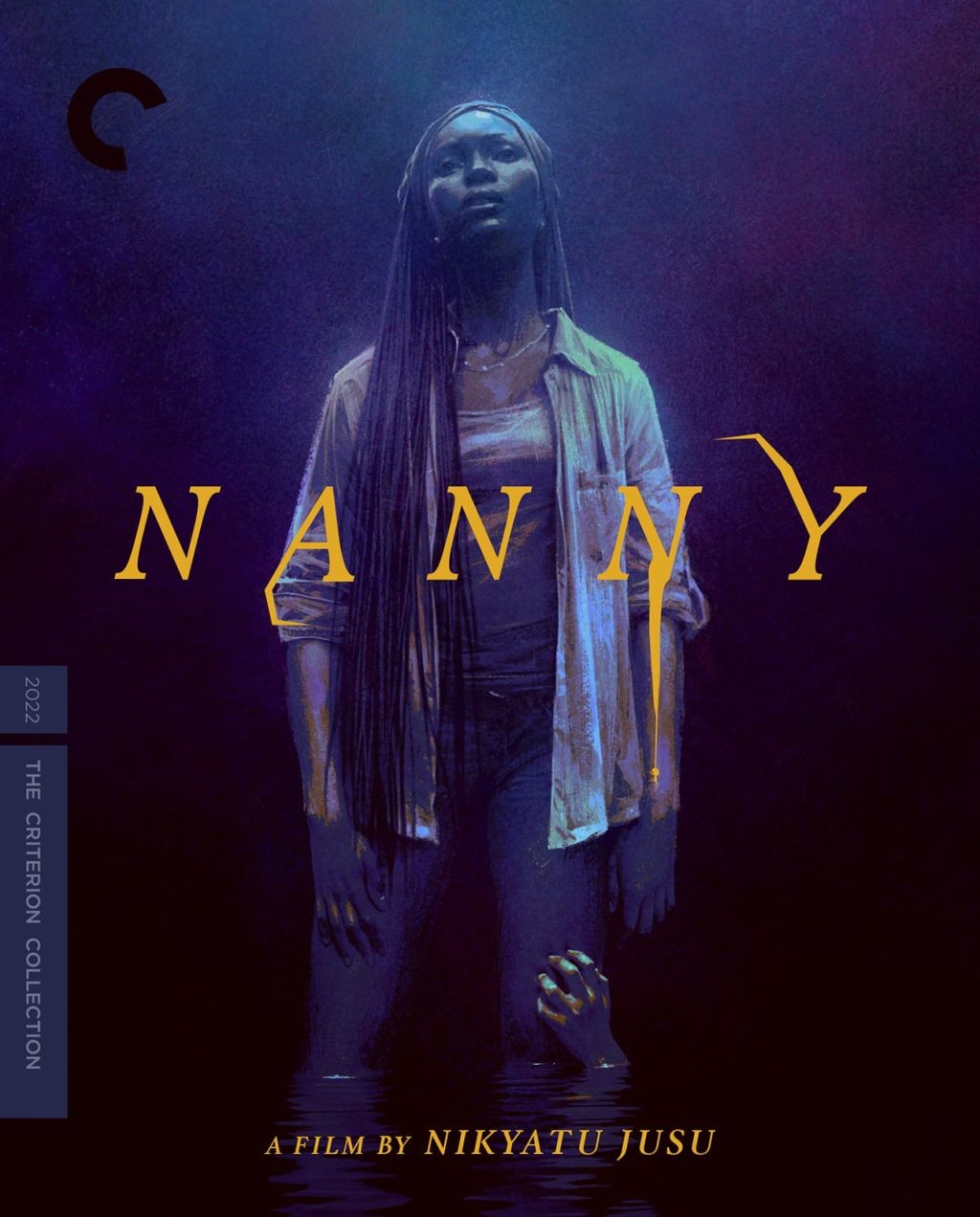
The Nanny
Starring: Anna Diop and Michelle Monaghan
Written and Directed by: Nikyatu Jusu
USA (2022)
Overview
Nanny by Nikyatu Jusu is a slow, quiet burn that really sits with you. It’s not just a story about a nanny—it’s about motherhood, sacrifice, and what it means to hold things together while everything around you feels like it’s slipping. Set in New York City, it follows a Senegalese woman trying to make a life for herself while caring for someone else’s child, and through that, it digs deep into class, guilt, culture, and survival. There’s a haunting layer to it—part dream, part reality—that makes the emotional weight hit even harder.
First Thoughts
This is an amazingly nuanced story. If you had patience for The Others, The Sixth Sense, or darn near any M. Night Shyamalan film, then that’s the same mindset you’ll want to enter with when preparing to view Nanny by Nikyatu Jusu.
I was really happy this became available on Prime because I had been very curious about it when it first came out on Apple TV. The premise—especially being a mother, a Black mother, living in New York City—just speaks volumes.
Actually, just being a mother in general, but also understanding the nuance of nannies in NYC—really in any city—there’s this whole quiet, unspoken network. I’ve been on both sides: I’ve babysat for others, and I’ve also had to find childcare for my own child. That decision alone—when or if to return to work—it’s layered.
So maybe what I should say, more succinctly, is that I’m just really glad I finally got to sit with it. It was definitely on my list. And I was not disappointed. Beautiful story. Beautiful storytelling.
Character Portrayals
These are the main players in the story: two sets of mothers, two sets of fathers, a grandmother, and a child—actually two children, but one is more central to the narrative. That child is Rose, and she becomes a lens through which we see how two very different mothers experience motherhood. And even more nuanced—how sharing that responsibility is layered with judgment, control, and guilt.
Anna Diop plays Aisha
Michelle Monaghan plays Amy
Sinqua Walls plays Malik
Morgan Spector plays Adam
Rose Decker plays Rose
Leslie Uggams plays the grandmother
As a woman of color, writer-director Nikyatu Jusu crafts characters that live in the quiet tension of class, race, and gendered expectations. Her portrayal of motherhood is not only honest but haunting—vulnerable, isolated, even spiritual in places.
The most powerful dynamic for me was between the two mothers. This could have easily become a clichéd rich-vs-poor, White-vs-Black binary. But it didn’t. Instead, we got nuance. We got the guilt and blind spots of the affluent mom, who thinks her wokeness aligns her with justice, but we also saw the performative cracks show.
And as the story unfolds, and her mask of affluence starts to peel, we see a tired, fractured woman—one who’s struggling just as deeply. And that moment when she breaks down and tries to connect with Aisha mom-to-mom? That was the crack in the glass I wasn’t expecting. It was messy, raw, and very real.
What I really appreciate is how the film shows that the affluent mother, for all her money and power, has no village. Meanwhile, Aisha—despite everything—has a sense of community, memory, and ancestral connection that lifts her back up. It’s subtle but powerful.
Writing & Direction
This is a slow burn, but a deeply thoughtful one. Nikyatu Jusu doesn’t rush the pacing, and that restraint allows you to feel the weight of motherhood, displacement, and longing. There’s horror here, but it’s psychological—rooted in trauma, in memory, and in the body.
Jusu weaves mythology and dreams so effortlessly into the narrative that the supernatural becomes a mirror for grief and anxiety. I loved that. The film doesn’t hand hold or over explain. It trusts you to catch the layers—cultural, emotional, spiritual—and sit with them.
Final Thoughts
Nanny is a film that lingers. It’s not about jump scares—it’s about what sits in your chest after the credits roll. The fear of losing control. The guilt of leaving your child. The pressure of performing motherhood under the gaze of others.
It’s also about what happens when we try to make our pain invisible—when we hide it behind ambition, assimilation, or silence.
For anyone interested in motherhood, migration, or mental health—or just in watching a beautifully crafted, emotionally intelligent film—Nanny is worth your time. It’s layered, soulful, and absolutely deserving of a thoughtful watch.